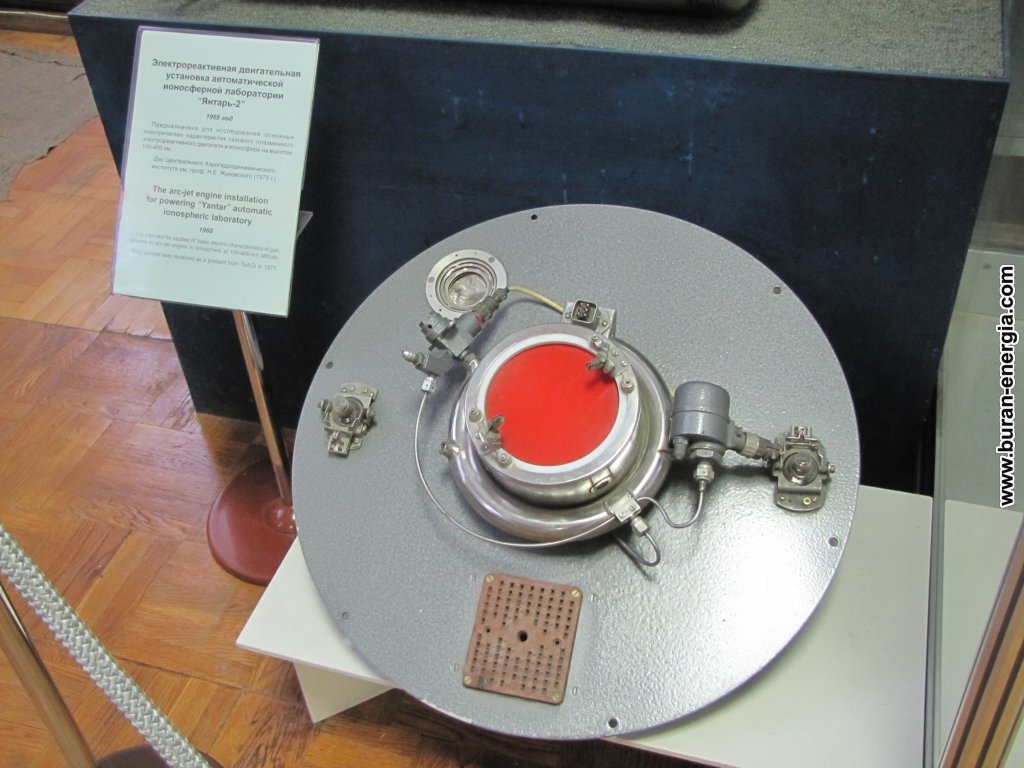To tackle the e-waste problem, this casing for electronics dissolves in water
As the world’s appetite for computers, smartphones and other electronic devices grows ever bigger, the other side of the coin — e-waste — is raising alarms.
According to a UN report released last year, 62 million tons of e-waste was generated in 2022, enough to fill 1.5 million trucks that would circle the equator if lined up bumper to bumper. Most of the e-waste went to landfills or incineration, with potential negative consequences for the environment and human health, as e-waste can contain toxic substances such as mercury or кракен ссылка lead.
 There’s also a staggering economic loss, as $62 billion-worth of recoverable resources such as rare earth elements are lost in the process. Currently, just 1% of the world’s demand for these elements, which are essential to modern electronic devices, is met by e-waste recycling, the report says.
There’s also a staggering economic loss, as $62 billion-worth of recoverable resources such as rare earth elements are lost in the process. Currently, just 1% of the world’s demand for these elements, which are essential to modern electronic devices, is met by e-waste recycling, the report says.
With e-waste rising five times faster than recycling rates, new solutions to the problem can’t come soon enough. Aquafade could be one — a fully water-soluble plastic that dissolves completely in about six hours when placed in a container of water. It could be used to encase electronics such as computers or keyboards and dissolved when the device is no longer wanted, making it easier to recycle or recover the most valuable components and reducing the amount of e-waste.
“For most electronic products, when they’re being recycled, it’s the disassembly that’s the real hassle, and really labor intensive,” says Samuel Wangsaputra, one of the inventors of Aquafade. “I think the brilliant bit with Aquafade is that a lot of that process is decentralized, and simply done at home.”
Unusual inspiration
The inspiration for Aquafade comes from an unlikely source: “One night I was doing the dishes, and I was looking at a dishwasher pod,” Wangsaputra says, adding he was intrigued by the water-soluble, transparent film that replaced traditional wrappers. “And I thought, this must be some form of polymer. But where does it go? So I tried one, just in a cup of water, and it fully disappeared.”
To find out more, Wangsaputra and his co-inventor Joon Sang Lee — with whom he founded UK-based startup Pentaform, a maker of low-cost and accessible computers, in 2019 — teamed up with Enrico Manfredi-Haylock and Meryem Lamari, two material scientists at Imperial College London.

